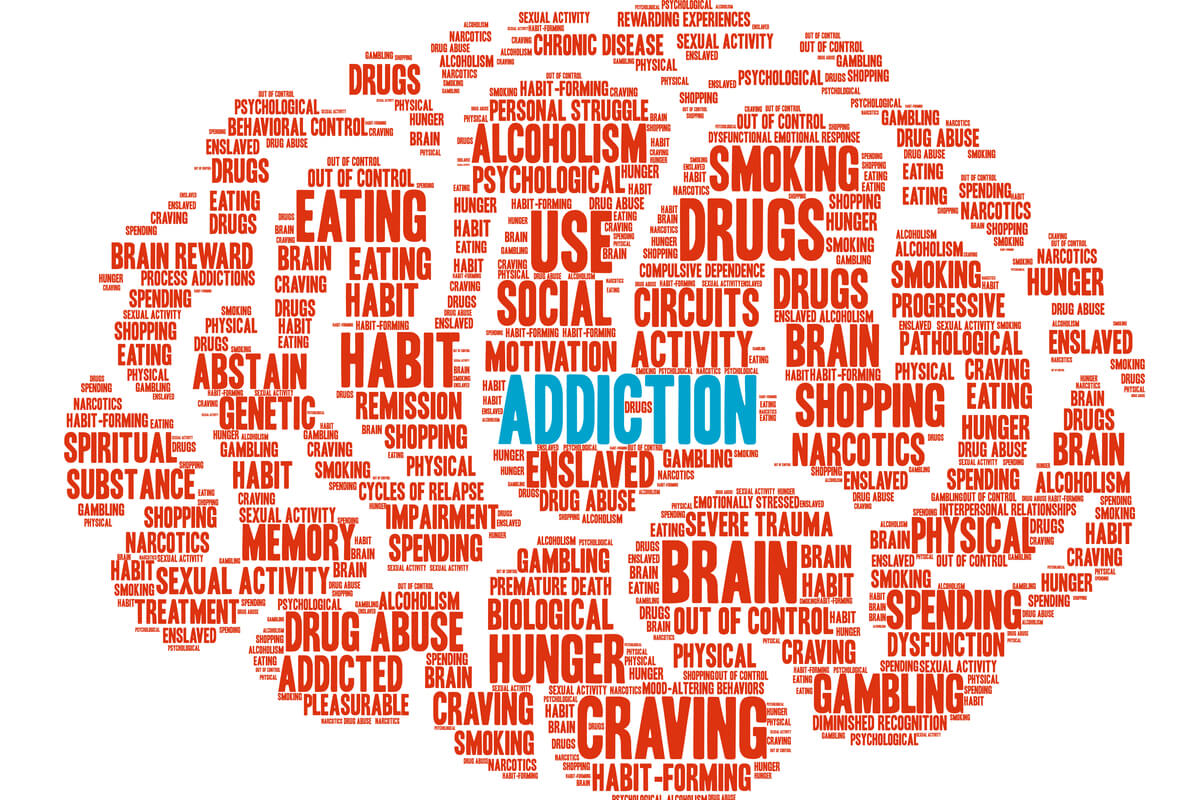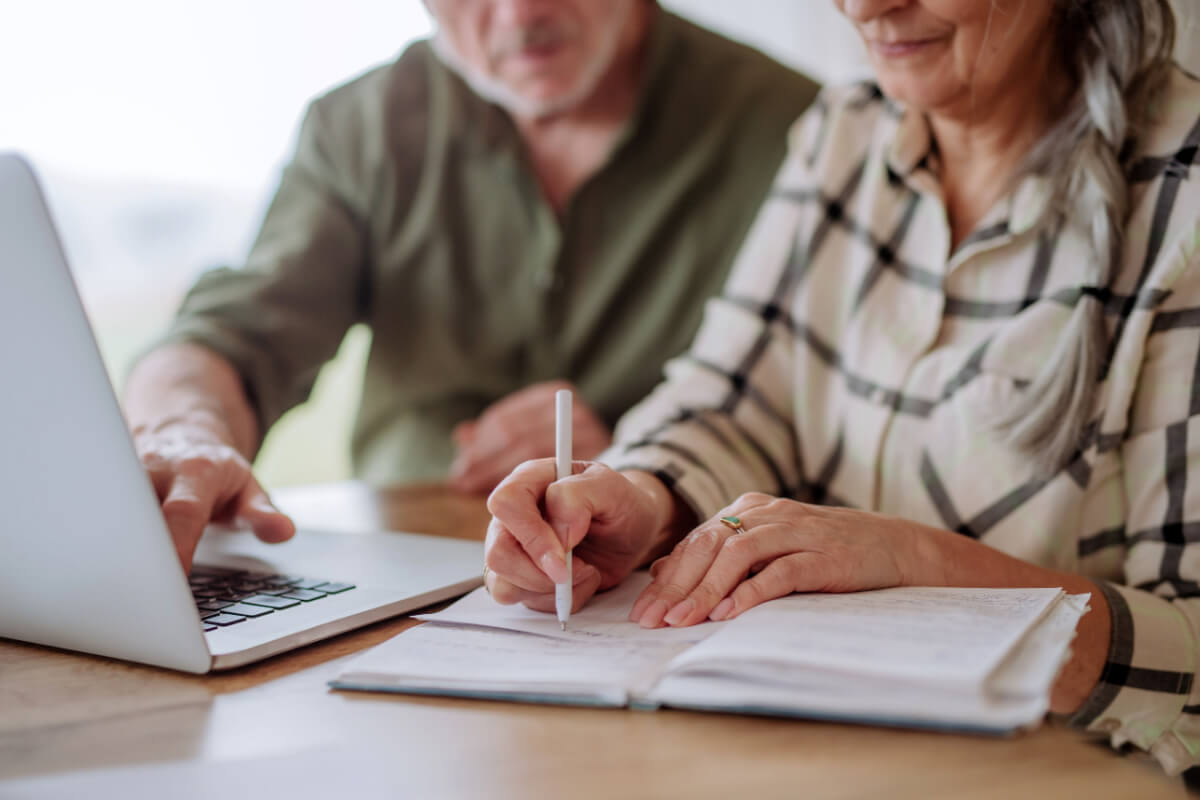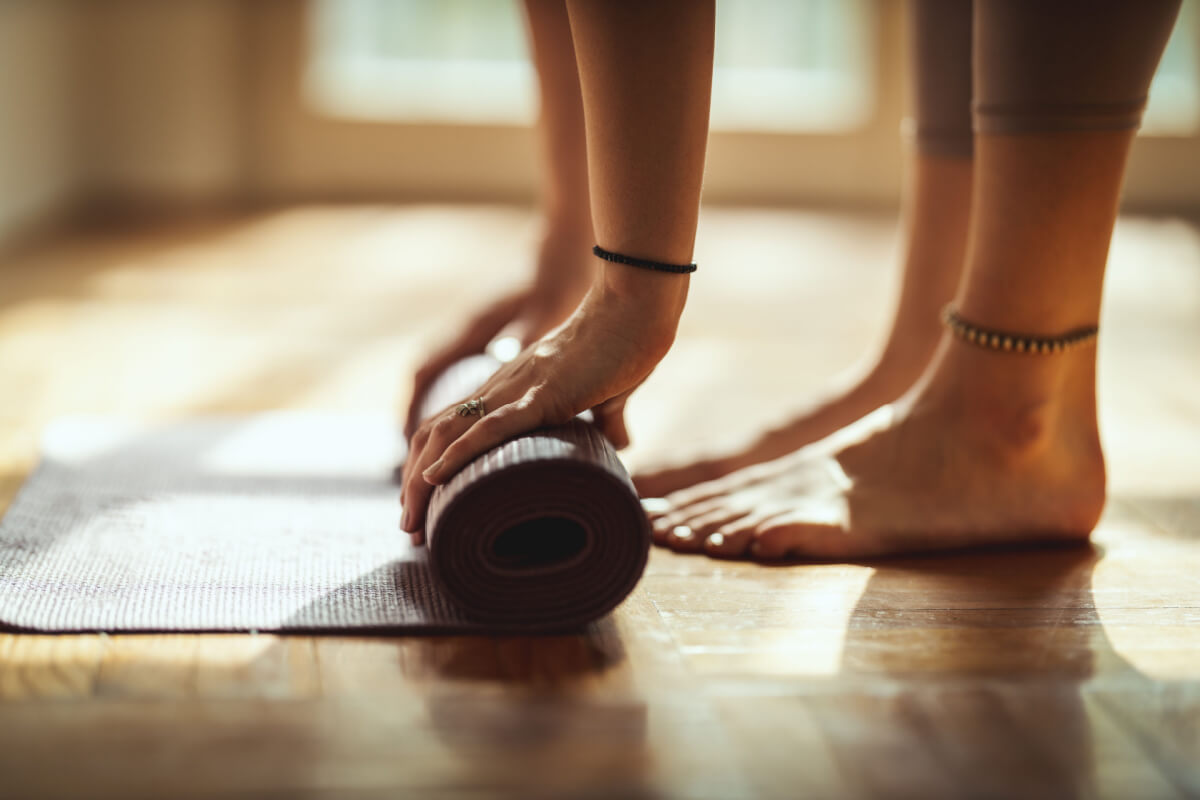
The ideal addiction recovery looks different for different people, but there are some broad tips that can apply to almost anybody’s recovery. We’ve outlined some straightforward and evidence-based tips that can help you to get and stay “sober”, aka abstinent from drug use.
Tips for Getting & Staying Sober
Follow these actionable tips to help you get and stay abstinent:
1. Get Health Insurance With the Right Coverage
Addiction treatment can be expensive, especially if you receive inpatient treatment. Then again, so can drug use, with some people spending hundreds of dollars a day on their substance use habit.
Even if you can afford the expense out of pocket, there is little reason not to look for a health insurance plan that reduces these costs. If you are tight on money, good insurance coverage can be hugely beneficial.
Look for plans that cover mental health services and the medications most often used to treat addiction to the substances you’re struggling with. As a bonus, an upgrade in your insurance may also better cover medical expenses unrelated to your addiction treatment too.
2. Talk to an Addiction Specialist
Fairly early in your addiction recovery journey, talk to a mental health professional specializing in addiction treatment. The reasons for this are pretty straightforward.
An addiction professional can directly address any questions you may have and can help you form an addiction treatment plan based on your needs and their knowledge on effective treatments. They can also be a good resource in getting in contact with other relevant treatment providers and support resources, as they will almost always know what’s available in their area.
3. Don’t Tackle Withdrawal Alone
Withdrawal can be one of the harder parts of overcoming addiction to a variety of drugs, perhaps most notably alcohol and opioids. Some people think it is in some way morally superior to go through withdrawal without the help of medical professionals, but the reality is this is just harder and has a higher risk of you falling back to drug use.
The only thing about addiction treatment that should matter is maximizing your chances of recovery. Getting help from addiction treatment professionals during acute withdrawal makes the process easier. Nowadays, there are very effective medications to treat both alcohol and opioid withdrawal symptoms.
4. Ask About Your MAT Options
MAT stands for Medication for Addiction Treatment.[1] MAT refers to a variety of treatments for substance use disorder (SUD) that involve taking medication as part of the process.
When combined with behavioral therapies and other types of support, MAT can improve a person’s chances of recovering from SUD. The medications used for MAT vary according to the drug a person struggles with, but they include buprenorphine, methadone and naltrexone for opioid use disorder (OUD), or acamprosate, naltrexone and disulfiram for alcohol use disorder (AUD).
While not all drugs a person may be addicted to have medications available to treat the condition, most of the most common addictive drugs do. The evidence and availability of drugs for AUD and OUD is particularly strong.
5. Don’t Treat Relapse as All or Nothing
Relapsing to drug use can be disheartening, but it doesn’t have to represent a total reset of your recovery progress. Many people make the mistake of treating a slip as “losing.” This can spiral into a full-blown relapse since they feel like they have already lost their progress in recovery.
Instead, if you engage in drug use after a period of abstinence, try to stop as soon as possible. Talk to an addiction treatment professional, like your therapist or treatment team, as soon as possible about the lapse. Work with them to identify what caused it and how you may be able to better channel those negative feelings in the future.
Recovery is a spectrum, not black and white. It’s always better to engage in less drug use rather than more, even if you are not able to achieve total abstinence.
Rest assured that relapse is part of the recovery process for addiction, which is a chronic disease. It doesn’t mean you have failed. It’s just part of the journey.
6. Stick With the Evidence
While the internet can be an excellent source of information about addiction and recovery, it unfortunately is also full of misinformation that may mislead you. For many people, especially those who grew up before the internet, it can be difficult to understand which ideas are backed by evidence, especially when bad sources sometimes pretend to have more supporting evidence than they do. We recommend reading up on how to find reliable, accurate health information.[2]
One helpful beginner tip is to use government (.gov) and educational (.edu) resources when first researching a topic. While these sources aren’t infallible, they are usually more well-researched and vetted.
Also, when reading any source, consider why it was written and by whom. Many articles are written to try to sell goods or services. These sources obviously have more incentive to skew facts in a particular direction compared to those meant only to inform the public on an issue or promote public health.
If you have read something about addiction treatment that you want clarified, you can always speak to your doctor or other medical health professional to clarify the accuracy of something you have read online.
7. Keep Up With Counseling (or Therapy)
One mistake some people make late in their recovery process is ending their counseling sessions and participation in support groups too soon, even when they have found these resources to be helpful. While it makes sense to change and sometimes reduce your use of these resources as you recover, addiction recovery is generally at least months or years or even a lifelong process.
If you don’t feel the need to see an addiction specialist anymore, talk to your treatment team before simply quitting. They may suggest other options to maintain some kind of contact without the burden of such frequent vits. Some degree of accountability and checking in can be important, even if you are very stable in your recovery.
8. Work to Build a Healthy Support Network
A strong support network provides an excellent resource in the addiction recovery process and is a major focus of most recovery programs. The idea is to develop a network of people who can empathize with your experiences, help you stay sober, and otherwise encourage you to maintain a healthy lifestyle.
You should also work to remove toxic influences from your life or at least distance yourself from them if you can’t get rid of them entirely. Learn to avoid people who push you to use drugs or openly discourage your attempts at recovery.
9. Find Healthy Ways to Feel Productive
Many people struggling with addiction have spent so much time focusing on using that they have let go of other hobbies, friendships, and things that connect them to their sense of purpose and productively. They may need to re-commit to finding a purpose outside of drug use. For example, they may exercise, meditate, find employment, volunteer, or create art to help them feel productive and fulfilled.
If you’re not sure what the best way to channel your energy is, you can talk with a counselor or with members of support groups for ideas. You may discover a new interest or passion that brings you a lot of fulfillment. This is one of the best ways to find meaning in daily life and avoid relapse to use.

Medically Reviewed By Elena Hill, MD, MPH
Elena Hill, MD; MPH received her MD and Masters of Public Health degrees at Tufts Medical School and completed her family medicine residency at Boston Medical Center. She is currently an attending physician at Bronxcare Health Systems in the Bronx, NY where ... Read More
- Medication-Assisted Treatment (MAT). Substance Abuse and Mental Health Services Administration. https://www.samhsa.gov/medication-assisted-treatment. July 2022. Accessed September 2022.
- Online Health Information: Is It Reliable? National Institute on Aging. https://www.nia.nih.gov/health/online-health-information-it-reliable. October 2018. Accessed September 2022.
Download Our Free Program Guide
Learn about our program, its effectiveness and what to expect
Related articles
Imagine what’s possible on the other side of opioid use disorder.
Our science-backed approach boasts 95% of patients reporting no withdrawal symptoms at 7 days. We can help you achieve easier days and a happier future.









